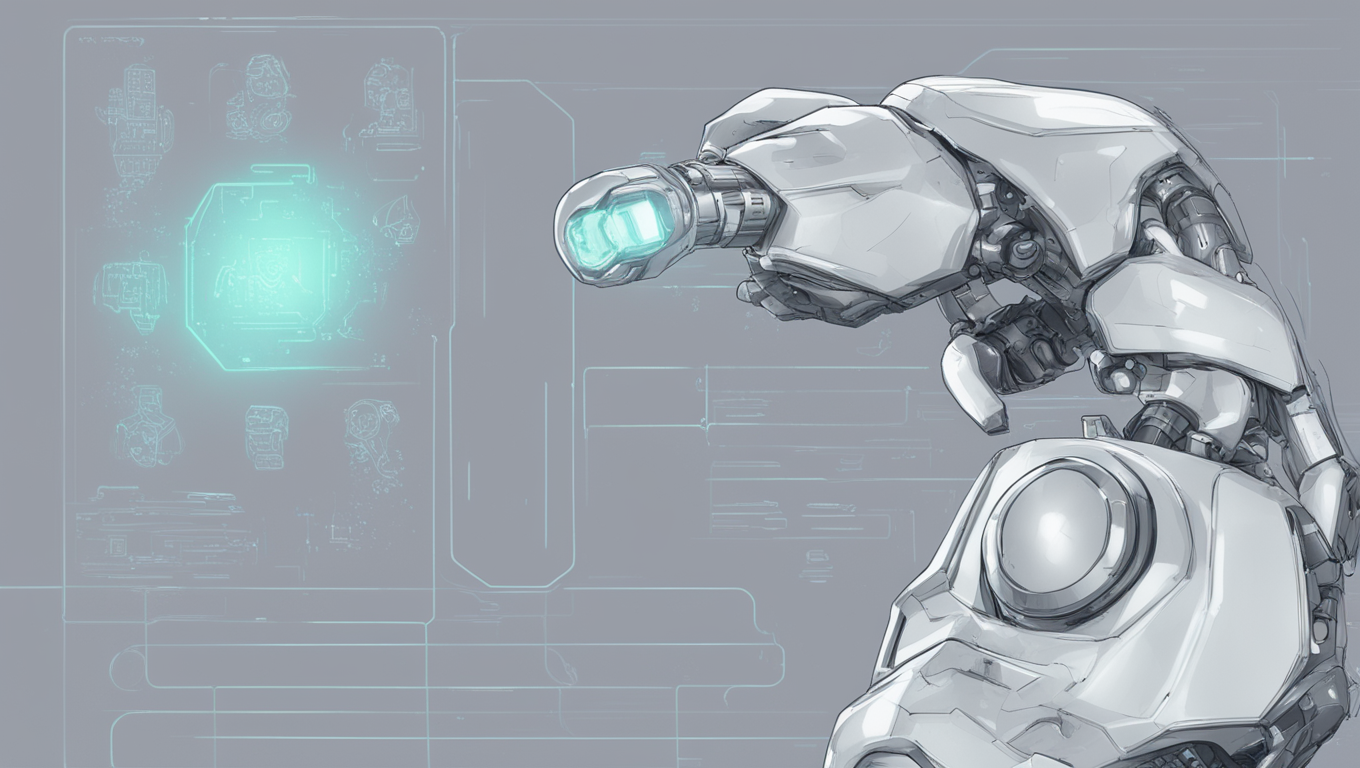Artificial intelligence (AI) giant OpenAI continues to make waves in the field of AI with its latest move to secure trademarks for “GPT-6” and “GPT-7” in China. The company, famous for its ChatGPT application, has submitted the trademark applications under classes 9 and 42, which cover scientific apparatus and technological services, respectively.
OpenAI’s filings for GPT-6 and GPT-7 are still under review, but this is not the first time the company has sought trademarks in China. Just a few months ago, OpenAI filed for trademarks for “GPT-4” and “Whisper” in April, and “GPT-5” in July. These previous applications have also yet to receive final approval.
Since the launch of ChatGPT, OpenAI has focused on advancing the capabilities of its large language models (LLMs). These deep learning algorithms have the ability to understand and generate language in a general-purpose manner. ChatGPT itself was built on GPT-3.5, which boasts an impressive 175 billion parameters. In March, the company unveiled GPT-4, a more advanced model with an undisclosed parameter count, though estimates suggest it exceeds 1 trillion parameters, according to US news outlet Semafor.
OpenAI’s dedication to advancing its language models is evident in its plans for the future. OpenAI CEO Sam Altman mentioned in an interview with the Financial Times that the company is already working on GPT-5 and intends to secure more funding from Microsoft to support its research and development efforts.
However, the path to success has not been without its bumps. Altman faced a brief ousting as CEO when the company’s board of directors made a surprising announcement. It was reported that some researchers at OpenAI had concerns about a powerful AI development, codenamed Q*, which they believed could pose a threat to humanity. Despite the setback, Altman returned to his position just 12 days later after the majority of the company’s staff threatened to quit over the decision.
Altman assured employees that OpenAI’s priorities lie in advancing its research plans and further investing in safety measures. The company remains dedicated to its goal of developing AI models that are both high-performing and safe.
OpenAI’s decision to pursue trademarks in China demonstrates its commitment to expanding its reach and influence in the global AI landscape. These filings may be indicative of the company’s future plans for GPT-6 and GPT-7, and could signal further advancements in language generation and understanding.
As OpenAI continues to push the boundaries of AI, the world eagerly awaits the release of their new models. With every release, OpenAI shapes the future of AI technology and brings us closer to achieving artificial general intelligence.





Use the share button below if you liked it.